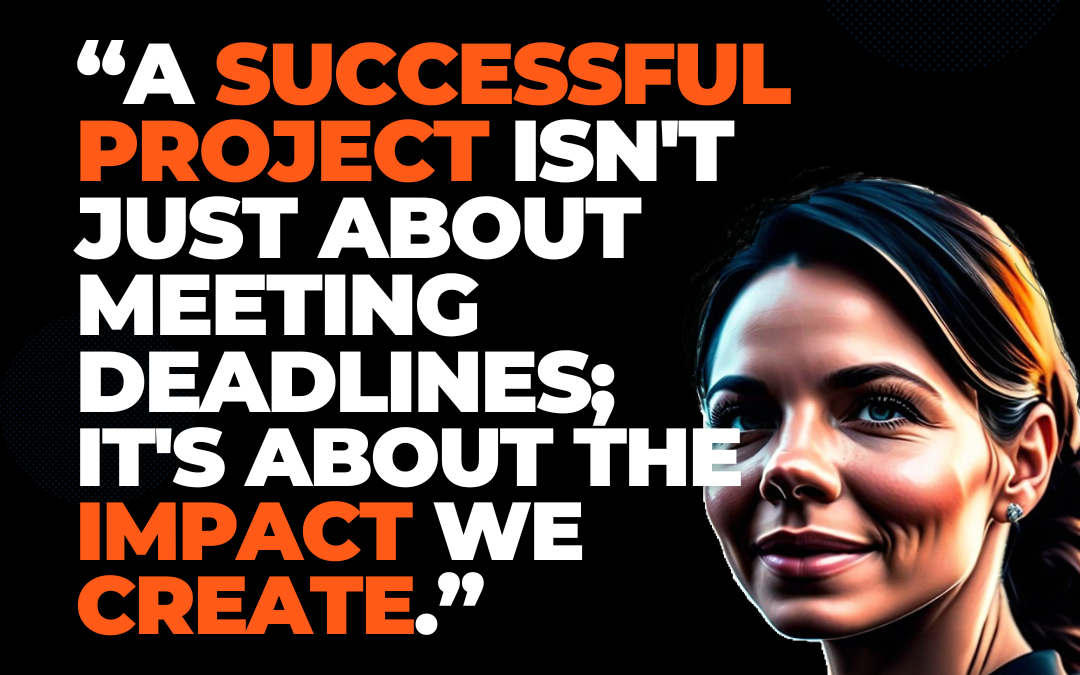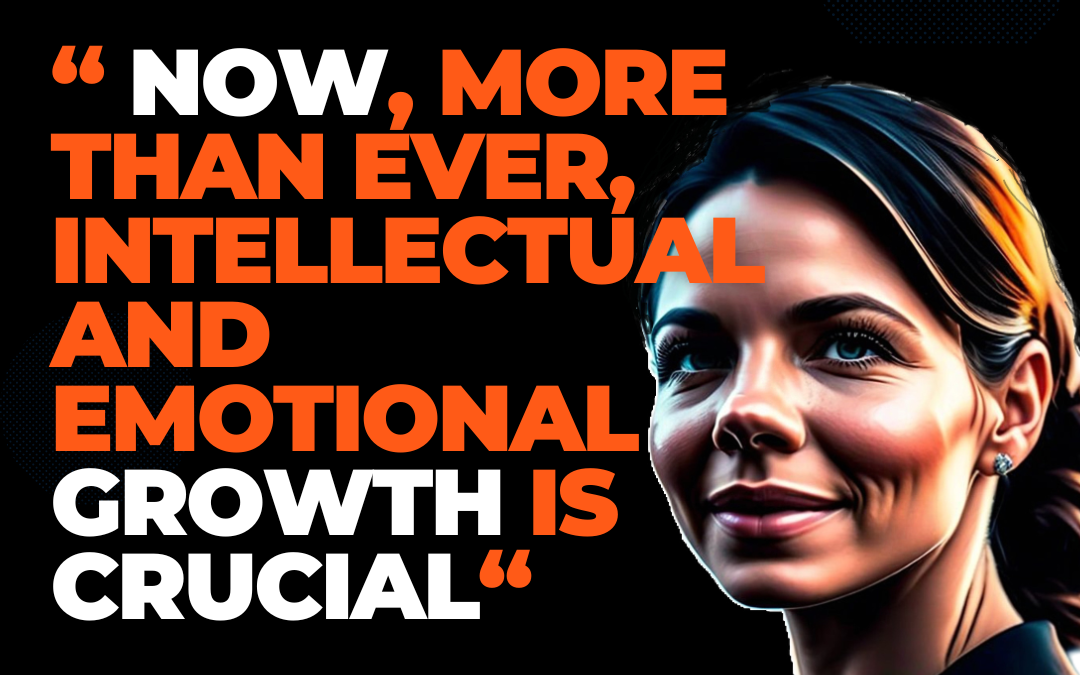
Charting New Paths: A Fresh Perspective on Project Success | #8
In project management, we often focus on the big three: Time, Budget, and Quality. These are the pillars we lean on, repeated like a mantra in meetings and strategy sessions to make sure our projects hit the mark. But what if there’s more to the story than just these key points? This journey isn’t about rewriting the laws of physics; it’s about expanding our view beyond the usual metrics.
Imagine if we also measured a project’s success by the fullness of the experience, not just the end product. Think about the real value of every report and presentation. Are they truly beneficial, or are we just ticking boxes to meet old standards?
The depth of a project goes beyond its tangible outcomes. The strength of the relationships built during its lifecycle is vital. With the right leadership, these connections can shape your company’s culture, crafting an environment where everyone feels motivated and acknowledged. If a project ends and your team feels anything but energized, it’s crucial to understand why. Meeting deadlines and budgets is important, but if the journey doesn’t reflect your core values, then it’s worth questioning the real gain.
Redefining Success: Beyond Just Numbers
Project success often revolves around the golden trio: Time, Budget, and Quality. Yet, there’s a deeper, more meaningful aspect to consider. Picture a project that not only achieves its goals but also has a lasting positive effect on your team and workflows. This is where true success lies.
The Secret Ingredient: Making a Difference
Let’s look at projects with a new perspective. Success isn’t only about meeting deadlines and staying within budget; it’s about the impact we make. It’s about creating something enduring and significant, not just completing a checklist.
Building Strong Foundations: Culture and Relationships
Every project is powered by its team. The real strength of this team comes from the quality of relationships and a culture of cooperation. A truly successful project creates a space where team members feel valued and excited for what comes next. If the thought of starting a new project fills your team with dread, it’s time to stop and reflect.
Embracing the Journey: Learning and Growing Together
The path to achieving project goals should be as enriching as the outcome itself. Celebrate milestones, embrace the role of supportive leadership, and remember: success is also about the journey. It’s in these moments of collaboration and challenge that we discover our potential.
Looking Ahead: Innovating for Tomorrow
The future of project management is bright with possibilities. By expanding our definition of success,we’re not just finishing tasks; we’re building a legacy of innovation, collaboration, and continuous improvement. Let’s embrace change with enthusiasm, inspired by the potential to make every project a stepping stone towards something truly great.
Inspiring Conclusion: Embarking on Your Adventure
Project management is more than just ticking off tasks; it’s about building a legacy of meaningful efforts, strong teams, and creative solutions. We shouldn’t just strive for success; we should aim for a success that enriches and fulfills. As we move forward in this dynamic era of technological progress, let’s commit to a future where our projects not only achieve their objectives but also enhance our teams, our methods, and our communities.
For further insights on promoting a culture of continuous learning and innovation, subscribe to my newsletter. Together, let’s discover new ways and redefine what it means to achieve remarkable project outcomes.


Recent Comments